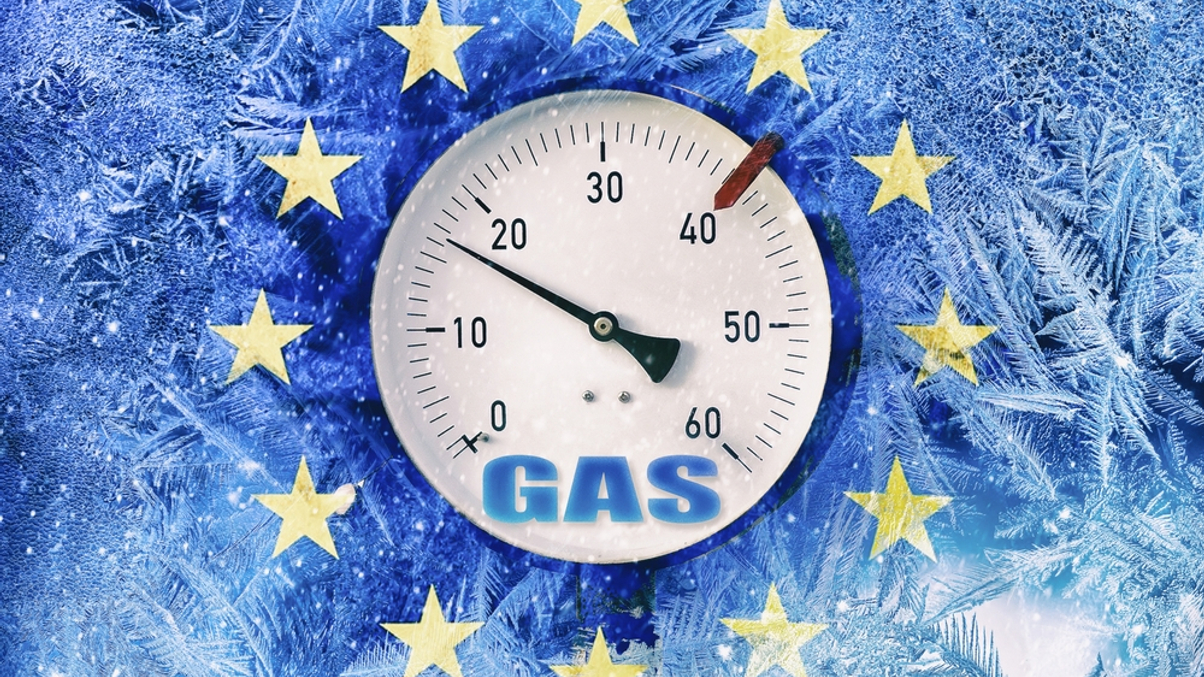Market Views: How do Asian investors view European assets as winter approaches?
We asked asset managers in Asia for their views on European assets as record high energy prices and the coming winter threaten to drag the continent into a recession.

As winter approaches Europe, recession fears have heightened amid the anticipated rise in energy consumption, record energy prices and the ongoing Russian invasion of Ukraine.
Sign in to read on!
Registered users get 2 free articles in 30 days.
Subscribers have full unlimited access to AsianInvestor
Not signed up? New users get 2 free articles per month, plus a 7-day unlimited free trial.
¬ Haymarket Media Limited. All rights reserved.


